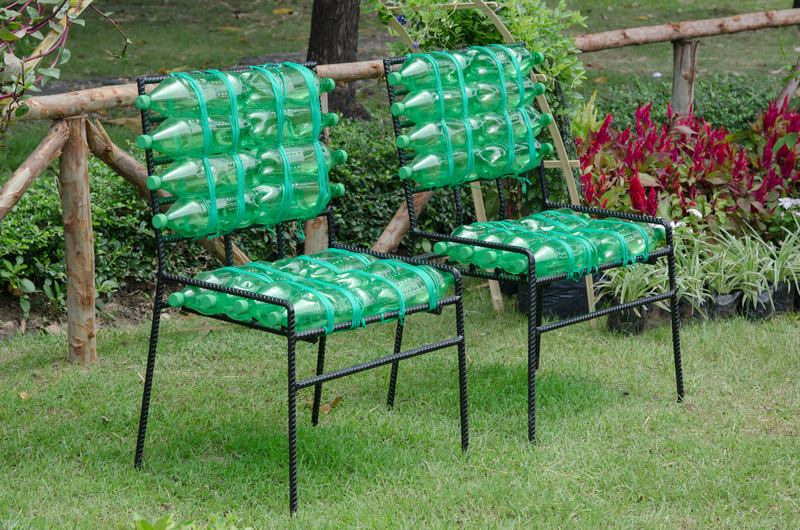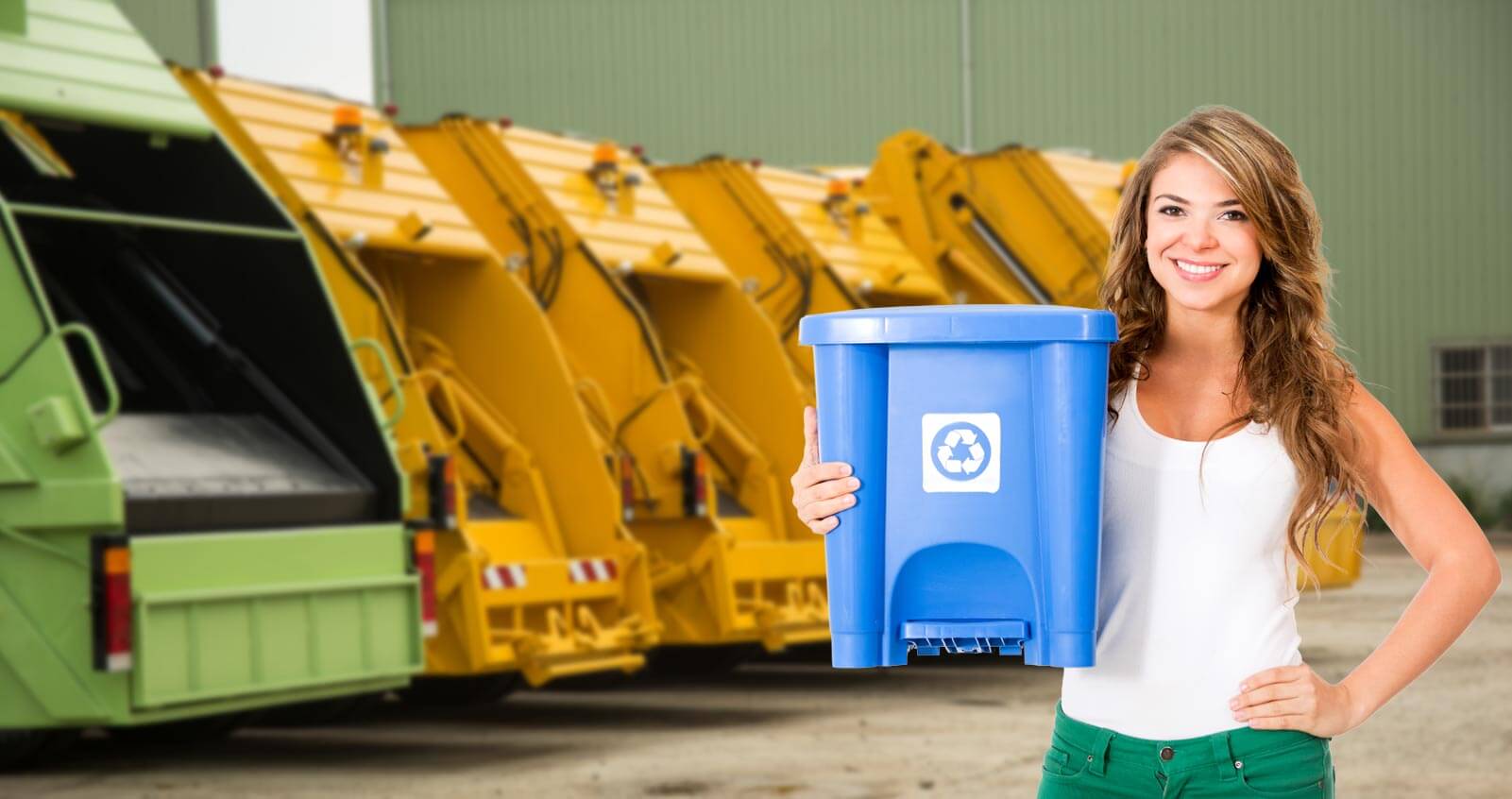Bamboo Revolution in Combating Plastics
Posted on 26/01/2025
In recent years, the world has seen an increasing awareness and concern over the devastating effects of plastic pollution on our environment. With millions of tons of plastic waste piling up in landfills and oceans, the need for sustainable alternatives has never been more pressing. Enter bamboo: a renewable, versatile, and eco-friendly material that is rapidly gaining popularity as a viable solution to the plastic crisis.
The Environmental Impact of Plastic Pollution
Plastic pollution is one of the most severe environmental challenges of our time. Every year, over 300 million tons of plastic are produced globally, out of which at least 8 million tons end up in our oceans. This has catastrophic consequences for marine life, habitats, and human health. Microplastics have been found in marine organisms, drinking water, and even in the air we breathe, leading to potential adverse effects on animal and human health.
Plastic's resilience ensures that it can take up to 1,000 years to decompose, persisting in the environment long after its use. Furthermore, conventional plastics are predominantly made from petrochemicals, which contribute to the greenhouse gases responsible for climate change. As a result, an urgent need for sustainable and biodegradable alternatives is essential.

Why Bamboo?
Bamboo stands out as one of the most promising natural alternatives to plastic. Known for its rapid growth, bamboo can reach maturity in just three to five years, while most hardwood trees take decades. This makes bamboo a highly sustainable resource. Additionally, bamboo cultivation requires minimal use of pesticides and chemical fertilizers, further reducing its environmental footprint.
Furthermore, bamboo has a high rate of carbon sequestration, absorbing more carbon dioxide and releasing 35% more oxygen into the atmosphere than an equivalent stand of trees. This means that bamboo not only helps combat plastic pollution but also contributes positively to mitigating climate change.
Diverse Applications of Bamboo
Bamboo's versatility enables it to replace plastic in a wide range of products. Here are some commonly adopted bamboo products that are gaining popularity:
- Bamboo Straws: Reusable bamboo straws have emerged as a popular alternative to plastic straws, which are among the most common single-use plastics found in landfills and oceans.
- Bamboo Toothbrushes: Bamboo toothbrushes, with biodegradable handles, offer a sustainable replacement to the billions of plastic toothbrushes discarded every year.
- Bamboo Cutlery: Lightweight and durable bamboo cutlery can substitute for single-use plastic cutlery, which often ends up polluting the environment.
- Bamboo Fabric: Bamboo fibers can be woven into soft, breathable, and sustainable fabrics used for clothing, towels, and bed linens.
- Bamboo Packaging: Sustainable packaging made from bamboo pulp is increasingly being used to replace plastic packaging.
- Bamboo Construction Materials: Bamboo is a strong, renewable material used in construction, offering an environmentally friendly alternative to plastic and steel.
The Economics of Bamboo Production
Beyond its environmental benefits, bamboo also presents significant economic opportunities. In regions where bamboo grows naturally, such as Asia, Africa, and Central and South America, bamboo cultivation can provide a sustainable source of income for local communities. Additionally, the bamboo industry can create jobs in sectors ranging from agriculture to manufacturing, distribution, and retail.
The global market for bamboo products is expanding rapidly, driven by increasing consumer awareness of environmental issues and a growing demand for sustainable products. According to a report by Grand View Research, the global bamboo products market was valued at approximately USD 68.8 billion in 2018 and is expected to grow at a compound annual growth rate (CAGR) of 5.0% from 2019 to 2025.
Challenges in Bamboo Adoption
Despite its many advantages, the transition to bamboo-based products faces certain challenges. One significant hurdle is the lack of awareness and consumer education about bamboo alternatives. Many consumers are still unaware of the environmental benefits of bamboo products compared to their plastic counterparts. Raising awareness through education and marketing campaigns is crucial to drive consumer behavior towards more sustainable choices.
Another challenge lies in the scalability of bamboo production. While bamboo grows quickly and abundantly in some regions, expanding its cultivation and ensuring consistent quality requires investment in infrastructure, research, and development. Moreover, there is a need to establish sustainable supply chains to meet the rising demand for bamboo products.
Finally, bamboo products, like any other biodegradable materials, have their limitations. For instance, bamboo straws, though durable, might not last as long as plastic straws and may require more frequent replacement. Overcoming these limitations through continuous product improvement and innovation is essential to ensure the long-term viability of bamboo as a sustainable alternative.

Future Prospects and Innovations
The future of bamboo in combating plastics looks promising, with continued research and innovation driving advancements in bamboo product development. Researchers are exploring new ways to enhance the properties of bamboo, making it more durable, flexible, and versatile for a wider range of applications.
Moreover, the integration of bamboo with other sustainable materials, such as bioplastics and plant-based resins, holds potential for creating hybrid products with enhanced performance characteristics. For example, combining bamboo fibers with biodegradable polymers can result in eco-friendly composites that mimic the properties of conventional plastics without the associated environmental impact.
Governments and organizations worldwide are also recognizing the potential of bamboo as a sustainable solution. Initiatives to promote bamboo cultivation, research funding, and policy support for sustainable materials are encouraging the growth of the bamboo industry. As more stakeholders collaborate to address the challenges and capitalize on the opportunities, the bamboo revolution in combating plastics is set to gain momentum.
Conclusion
The bamboo revolution represents a promising step towards addressing the global plastic crisis. With its rapid growth, minimal environmental impact, and versatile applications, bamboo offers a sustainable alternative to many plastic products. While challenges remain, continued research, innovation, and consumer education can pave the way for a future where bamboo plays a significant role in reducing plastic pollution and promoting a more sustainable world.
As individuals, we can contribute to this revolution by choosing bamboo products, supporting sustainable brands, and advocating for policies that prioritize environmentally friendly materials. Together, we can make a difference and create a cleaner, greener, and more sustainable planet for future generations.




